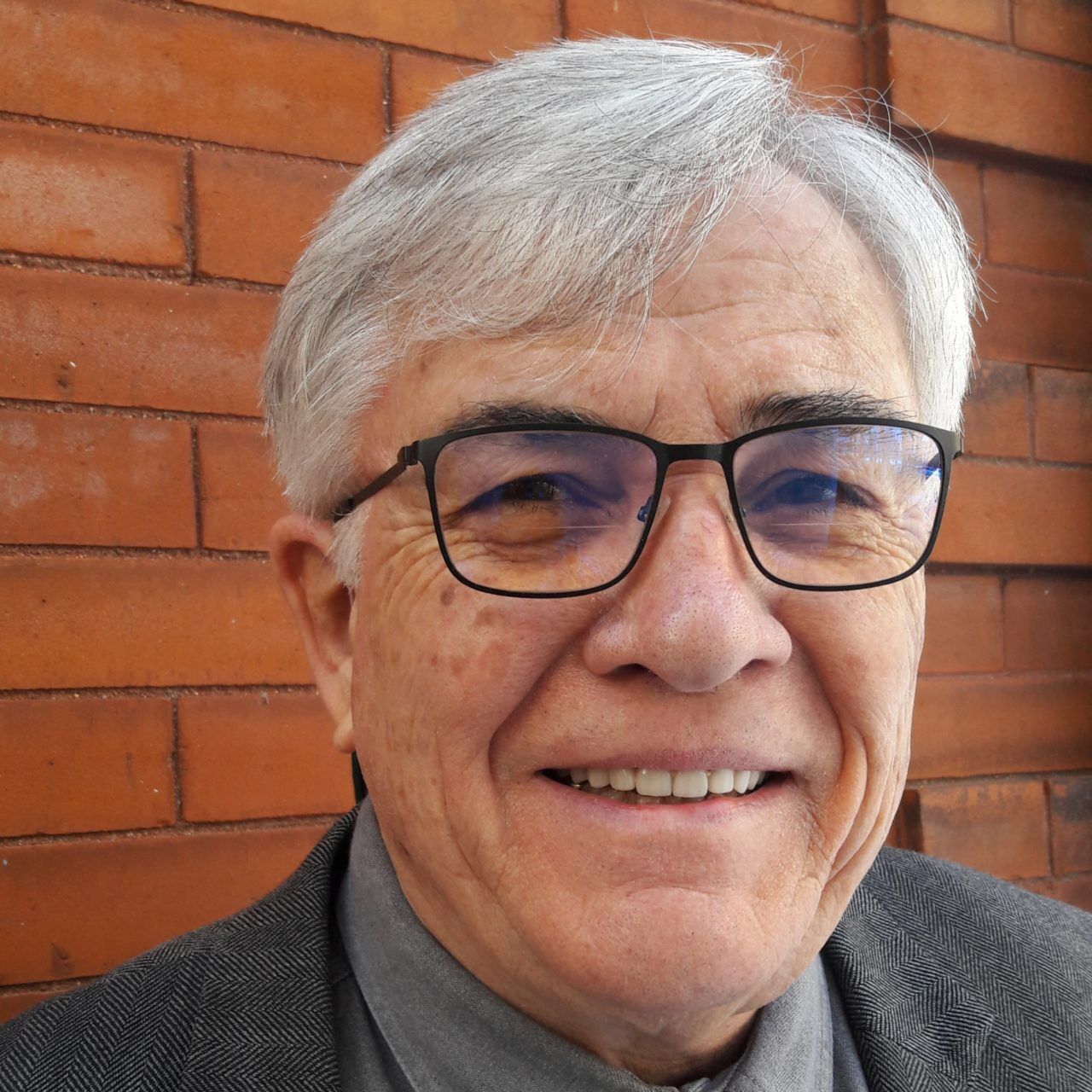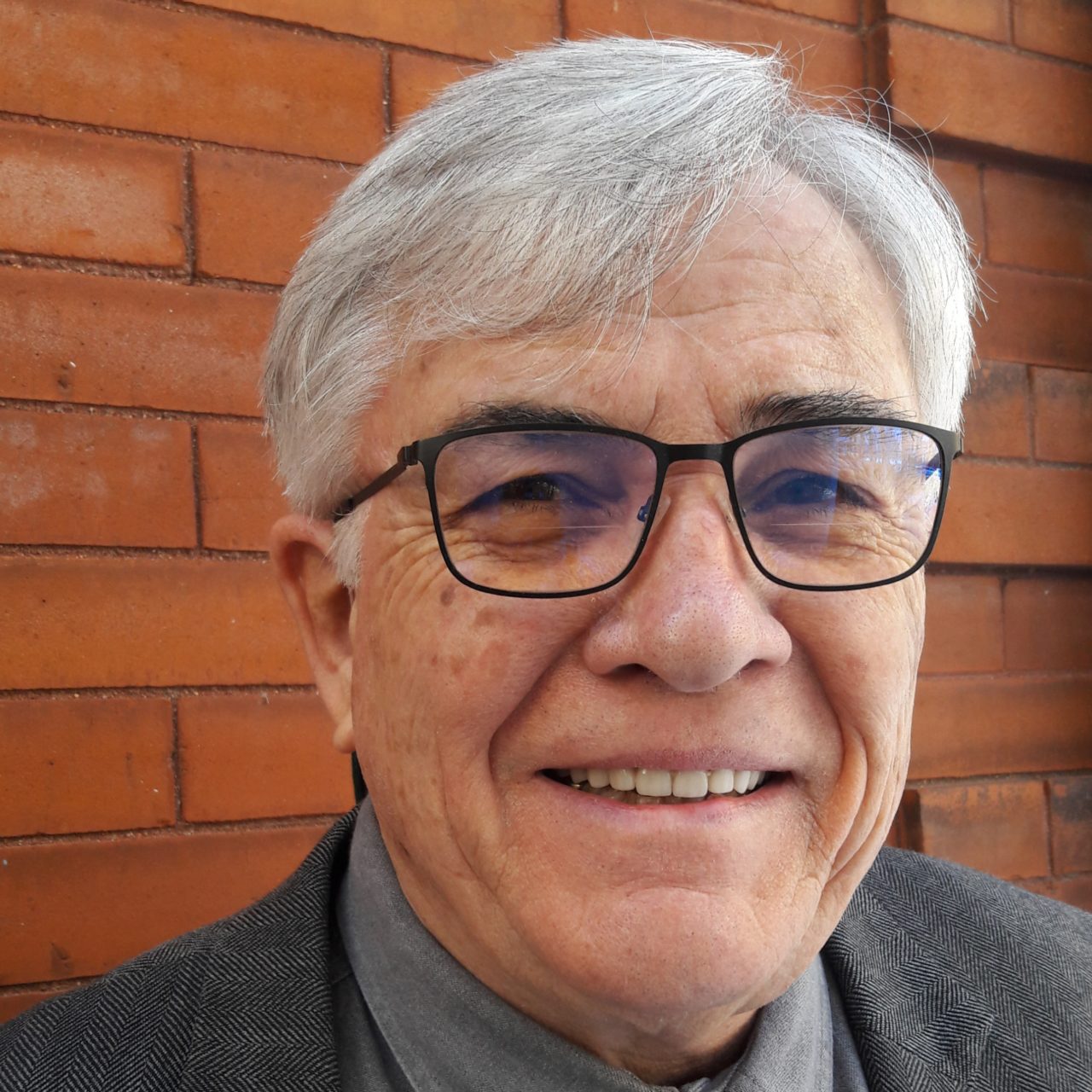Much to consider with classified info | HUDSON


Truth be told, I never knew what my Dad really did during his 20 years with the Atomic Energy Commission (AEC). He must have had his fingers in the design of nuclear weapons as he regularly attended aerial, surface and underground blasts in Nevada. He even flew to the South Pacific to observe the incineration of a coral atoll. Once the AEC moved 30 miles northwest of Washington, D.C., into Maryland, he occasionally brought an aluminum briefcase home – handcuffed to his wrist and secured by multiple, combination locks.
The final decade of his federal career was spent at the State Department where he participated in disarmament negotiations that took him to Geneva and Vienna. His explanation was the American team consisted of nine lawyers and their “technical advisor.” We held a barbecue for several Soviet negotiators one summer. I recall one named Popovich who pulled my brother and I aside to tell us, “Your father, he is a great American, a great patriot. You boys should be very proud of him!” I remain unsure what to make of his whispered confidence. We knew our father occasionally ran “errands” for American intelligence under protection of his diplomatic immunity.
In 1968 I learned about handling classified documents when I attended Naval Communications School. As a Comms officer, I enjoyed the highest possible security clearance, not that I had sensitive responsibilities, but because I would see and review every message passing through a Comm Center. At sea during a time of war, virtually all transmissions were classified.
After I transferred from shipboard to the Naval Radio Station in Ponce, Puerto Rico, we maintained dozens of traffic channels carrying messages to and from American military facilities, with dedicated links to embassies in Latin and Central American and, of course, every naval vessel operating in the Caribbean. Upon my arrival, I soon received a memo from our commanding officer to the colonel in charge at Ramey Air Force Base on the island’s northwest corner. The message requested a tee time at the Ramey golf course the following week. I forwarded his inquiry as an Unclassified-EFTO (encrypted for transmission only) message.
The following day I was ordered to report to the Commander’s office where I was informed everything every message he dispatched for any reason should always be classified as secret. This was not uncommon practice. Consequently, there’s a lot of junk mail that winds up labelled “secret” or even “top secret.” Our Communication Station held many genuinely secret documents, including contingency plans for landing American troops on beaches around the world in the event of local civil disorder or natural disasters.
Classification can also be utilized to obscure mistakes, blunders and incompetence. NATO naval forces conduct joint maritime exercises each year as part of “Operation Springboard.” For sailors who have been wintering in frigid North Atlantic waters, this annual event provides a welcome opportunity to undertake military drills mixed with several weeks of warm weather carousing in Caribbean ports. In the spring of 1969, the commander in chief of the Atlantic Fleet, a four-star admiral, was riding aboard the helicopter carrier Guadalcanal. Ashore we were working 12-hour shifts handling their communications. Midway through the scheduled operations, riots broke out on the Dutch island of Curacao, stemming from an ongoing refinery strike against Shell Oil. Several buildings had been torched and tourists were threatened.
A flash precedence message from the Guadalcanal notified the NATO fleet it would be pulling away to prepare for a possible evacuation of American and European vacationers holed up in a pair of luxury beachfront hotels. This alert was dispatched about four hours before I reported back to the Comm Center. Reviewing message traffic from the previous watch, I realized the Guadalcanal was requesting the USS Elokomin, a fleet oiler, rendezvous with it while underway to Curacao. Too small a ship to monitor the fleet’s multi-channel broadcast, it should have been separately notified by Morse Code. The prior watch had failed to transmit the Admiral’s order and the Elokomin remained anchored in San Juan.
The Guadalcanal was about to find itself stranded. Fortunately, Royal Dutch Marines were flown in across the Atlantic overnight and were restoring order. The failed refueling was swept under the rug and all messages were classified as top secret. My commanding officer duplicated the monitor tape, inserting the message which was never sent, destroying the original and claiming a mechanical failure.
Before rushing to judgments, we should await the “threat assessments” being conducted to assess the Biden and Trump classified document cases. Classification often buries both dissent and dereliction of duty. In 1969 the AEC detonated a nuclear device beneath Colorado’s Rulison formation. My father predicted the gas released from its fractured shales would be radioactive. It was. Those concerns remain classified in 2022.
Miller Hudson is a public affairs consultant and a former Colorado legislator.













